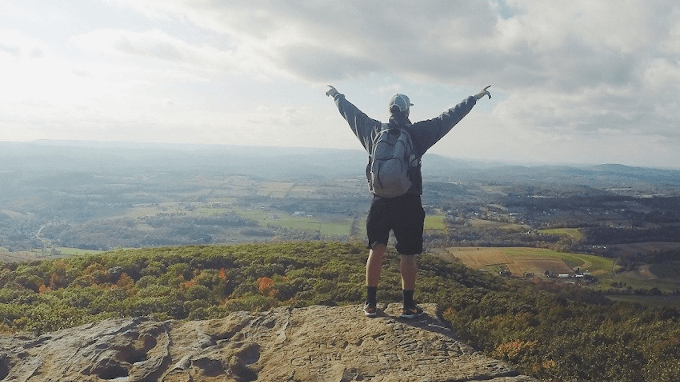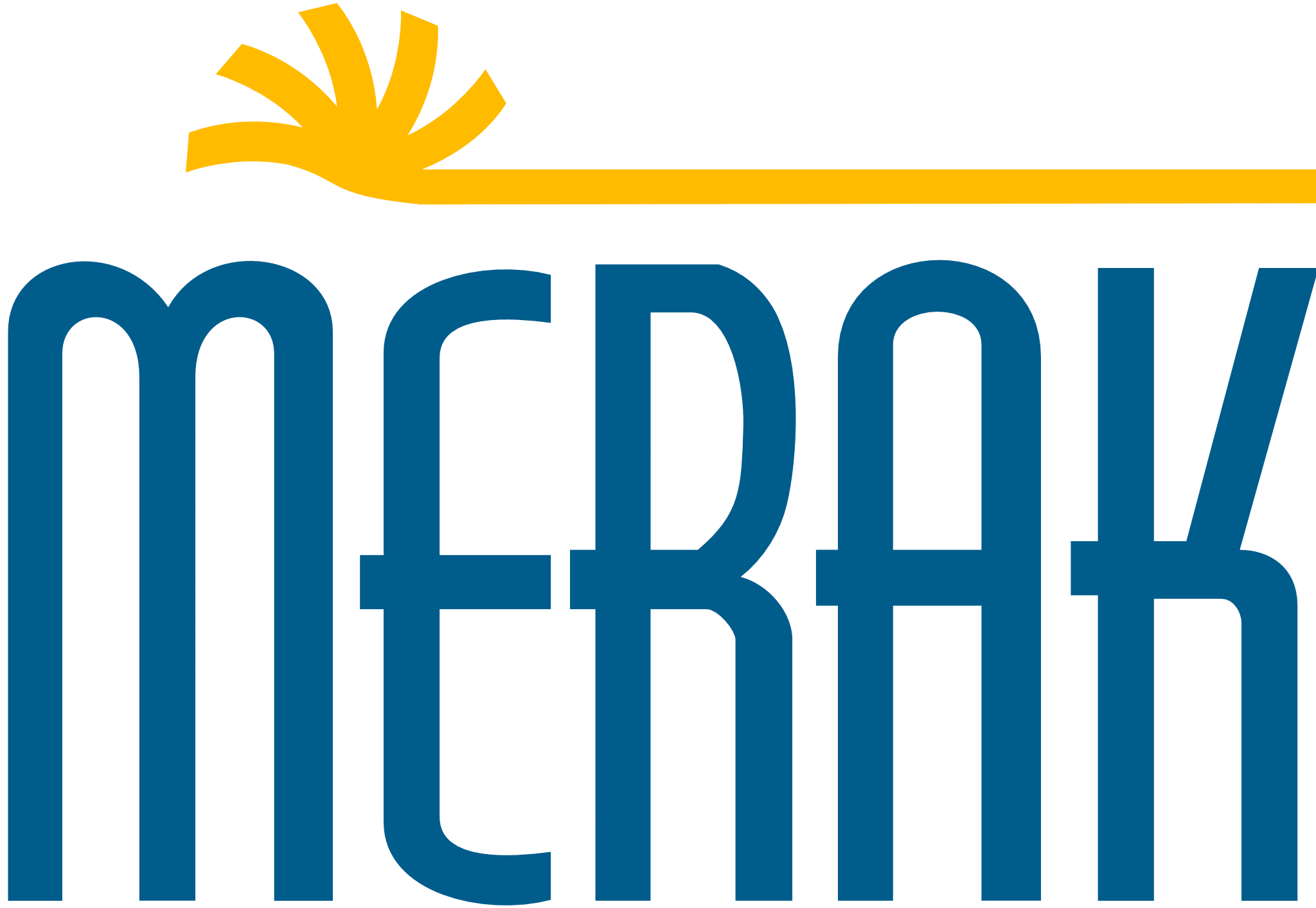Episode 38
A popular theory in management studies is that to encourage a workplace culture where employees are highly motivated they need the ability to practice autonomy, mastery, and purpose. The idea originates in Daniel H. Pink’s book, “Drive: The surprising truth about what motivates us”, published in 2009. Autonomy is our desire to be self-directed, mastery is the urge to get better skills, and purpose is the desire to do something that has meaning and is important. For this blog I am going to explore mastery. It is very important to note Pink’s definition of mastery as the urge to get better skills. This definition contrasts with a common view of the term mastery, to possess or display great skill or knowledge in an area. I will argue that pursuing mastery is rewarding, however once mastery is attained, starting something new can be a great source of fear and anxiety.
There is a common notion that mastery is just a function of input time, where roughly 10000 hours is the magic number to achieve mastery. This represents a massive time investment requiring dedication, grit, and sacrifice. It is no surprise that mastery under these conditions would feel rewarding. In modern careers, mastery can exist in many forms. Individuals specializing in a subject by completing a masters or PhD will have invested the time to become subject matter experts on a specific area of knowledge. Long serving employees retain a huge amount of contextual information on the nuances of their role, technical and business environments. We want to feel valued and it feels great to be known as the go to resource for a problem. A term that has stuck with me for this type of mastery is “ice-pick experts”.

Herein lies a potential trap for ice-pick experts. The need for knowledge experts is critical, but at the same time business velocity is very high. The “steady” state for business today is chasing a set of moving expectations. The need for business agility has been the motivation behind corporate strategies that focus on driving business innovation. Focused skill growth does plateau and there is a false sense of completeness being an ice-pick expert. “I know everything I need to know”. While this might be true for a specific problem, all that knowledge and investment can become irrelevant as business needs shift. Starting over and relinquishing the valued status of expert is painful, so it would not come as a surprise that individuals in this situation would be hesitant to start something new. Or worse, ice-pick experts in leadership roles holding back business innovation as the new practices require domain knowledge outside the individual’s current understanding. Knowledge obsolescence is especially common in the technology sector which creates challenges as expert knowledge can become as much a liability as it is valued under the right circumstances. “This is how we have always done it” should raise eyebrows.
Modern businesses are faced with an endless stream of new problems to solve. Just like how business must continuously question its practices and processes, look inward and ask yourself “what better skills should I acquire?” Businesses use moonshots, big hairy goals, and stretch goals, to ensure expectations never settle. Apply these practices to yourself. Learning can be fun and rewarding. Instead of viewing mastery as the goal, celebrate the acquisition of competency. This results in more wins more often, with the process self-reinforcing: easier to reflect on progress, and more difficult to become complacent. To get a handle on what you know you do not know, build a personal learning roadmap, and then prioritize gaps. Channel natural curiosity if you have it, and then ritualize it if you can. What you will find over time is that a different form of mastery develops, a mastery of rapidly gaining competence in a new area.
Become an expert in a few areas and good enough to be dangerous in many. Instead of striving to be an ice-pick, envision your expertise as the letter “E”. Unlock serendipity as over time it becomes easier to inter-relate ideas or practices across disciplines. Do not be mentally limited by what your formal education provides. Do not be afraid to go back to school if formal education works for you. If you learned something once, you have the capacity to learn something else. Every profession has its own rabbit hole, and starting can be intimidating, but just like mastery in a single profession, continuous learning is a daily practice. To eat an elephant, it is one bite at a time.

I do not view myself formally as a developer or programmer. Coding languages were intimidating as my formal education provided limited exposure. Since joining MERAK, I have become competent at working with SQL and SSIS and feel confident considering myself an expert in Power Query and DAX. Previously SQL was a black magic box that I used to restore a database backup once after some difficulty, and Power Query was used to make simple API calls with limited transformations. I have always viewed myself as an Excel wizard, but at a Microsoft conference in late 2018, I realized how out of date my skills were and decided to do something about it.
Using a personal passion project as the foundation to a learning roadmap, I distinctly remember saying to a colleague early into this journey, “to solve this problem, I need to use something called DAX”. Recalling my naivety at the time is a rewarding feeling today, as I can distinctly see the progress over the last couple years. Bit by bit, problem by problem, competencies are gained. The most revealing moment has been conversing with experts in these areas with questions and learning that despite their status, they are in the same situation as everyone else, learning as they go, bit by bit, solving one problem after another.
Last Updated: July 10, 2025



